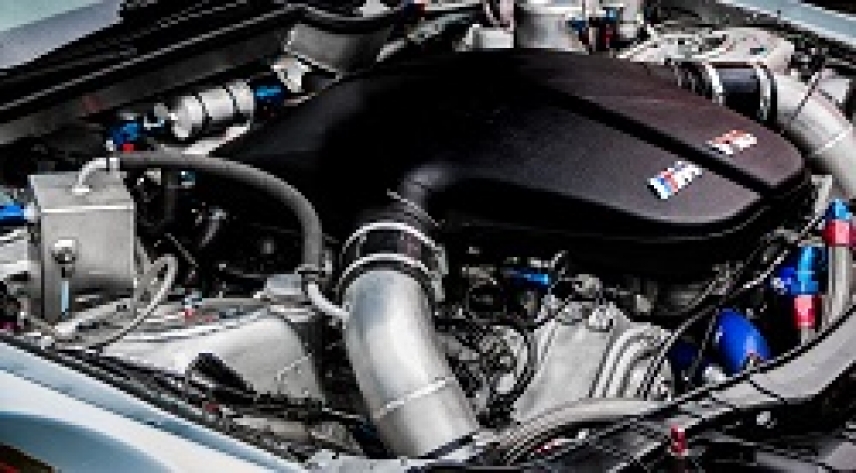 This interdisciplinary project was published in Energy by research teams from the departments of Physical Chemistry and Applied Thermodynamics, Rural Engineering and Computer Science and Numerical Analysis. Specifically, the researchers who participated were María Dolores Redel, César Hervás, Pedro Antonio Gutiérrez, Sara Pinzi, Antonio Cubero and Pilar Dorado.
This interdisciplinary project was published in Energy by research teams from the departments of Physical Chemistry and Applied Thermodynamics, Rural Engineering and Computer Science and Numerical Analysis. Specifically, the researchers who participated were María Dolores Redel, César Hervás, Pedro Antonio Gutiérrez, Sara Pinzi, Antonio Cubero and Pilar Dorado.
One of the main novelties of the model is that it uses neural networks, mathematical models inspired by the biological behavior of neurons. In other words, pure artificial intelligence focused on making highly efficient and precise predictions.
This study was carried out using a normal diesel engine powered by biofuel. To be more precise, it was done with olive pomace oil and palm oil esters, two substances with a very different physical chemical composition from which the model that predicts noise can be obtained.  According to Sara Pinzi, one of the researchers who participated in the study, “we observed that the composition of the oil used to produce biodiesel has an effect on the amount of noise,” to the point that, according to the results of the research project, the use of biodiesel, made from either palm oil or pomace oil, always emits a lower level of noise than when diesel is used.
According to Sara Pinzi, one of the researchers who participated in the study, “we observed that the composition of the oil used to produce biodiesel has an effect on the amount of noise,” to the point that, according to the results of the research project, the use of biodiesel, made from either palm oil or pomace oil, always emits a lower level of noise than when diesel is used.
Therefore, the new model is especially geared toward manufacturers. The fact that the noise changes depending on the biofuel used could be important for the manufacturing industry, which could take these results into account throughout the various stages of engine design.
In addition, the system is especially significant considering current EU legislation on noise emissions, which includes noise emissions from cars, since biofuels are expected to be more and more prominent. In this context, using the chemical composition of biodiesel (whether mixed with diesel or not) to predict noise level of biofuel could be useful in order to make quieter engines.
References:
M.D.Redel-Macías, C.Hervás-Martínez, P.A.Gutiérrez, S.Pinzi. A.J.Cubero-Atienza, M.P.Dorado. Computational models to predict noise emissions of a diesel engine fueled with saturated and monounsaturated fatty acid methyl esters. Energy. Volume 144, 1 February 2018, Pages 110-119. https://doi.org/10.1016/j.energy.2017.11.143


